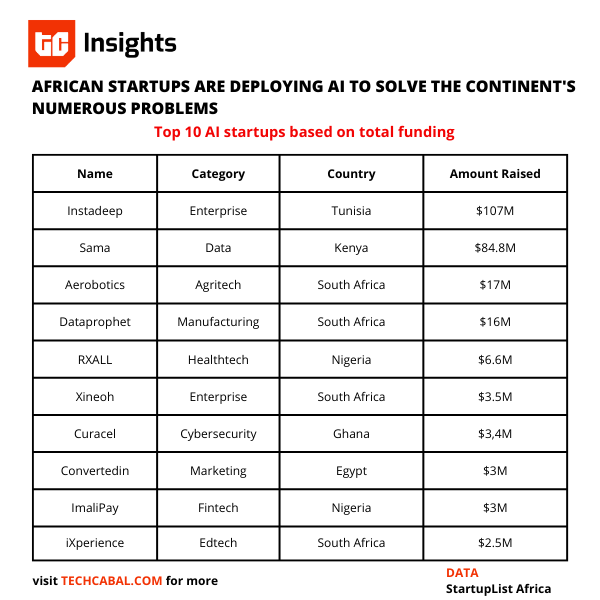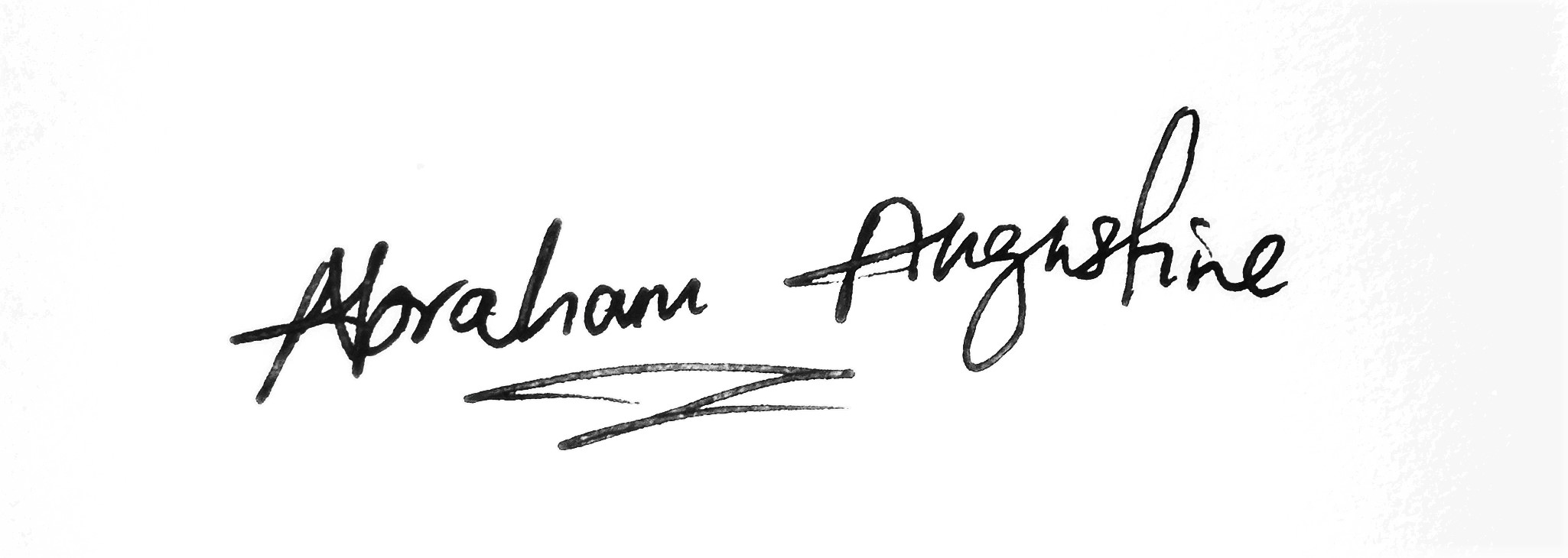
Web version of 26 March 2023 newsletter.
If you have been reading Next Wave recently, you will notice that AI has already made its way into this newsletter. After all, Next Wave is supposed to be about the future and how technology is evolving in Africa, right? No, you have not been reading AI-generated content. But Midjourney AI and DALL-E have been useful tools for generating images to go along with Next Wave essays. So let’s talk about AI in Africa.
It has been a short three months and fifteen days since OpenAI launched ChatGPT, the artificial intelligence chatbot that has elevated the obscure technical field of AI into the public domain in a very big way. AI takes are now a dime a dozen, and this next “frontier” of software technology is the butt-end and topic principalis of Twitter spats, venture capitalist debate, and activist commentary.
In all of the noise and buzz, Africa seems to be missing. But is it, really?
Today’s essay will be brief. My understanding is that a lot of the debate about Africa’s place in the AI conversation is from people looking for African brand name companies. Or from calls to eliminate bias in AI systems. All are valid concerns. However, my simple argument is that Africa is far more entangled in the development and adoption of AI than a cursory examination would suggest. Is Africa slower to deploy AI in society-wide applications? Probably. We suffer from a chronic lack of social infrastructure, so the lack of automated or intelligent systems to manage that infrastructure is hardly surprising. But is artificial intelligence, as a system, going to leave Africa in the dust? No, emphatically.
AI in Africa may be hidden by the noise-wake of ChatGPT and Midjourney, but wittingly or not, the continent is being carried by the same wave because:
1. Software adoption is globalised
Public consumer use of ChatGPT is only three months old, but what have we seen? You’re correct if you said, “an explosion of large language models, tools and growing investment appetite”—despite macro bearish sentiments in the world of high finance. Software is easily global, much more than hardware. This feature means that in the ChatGPT lookalike race currently underway, everyone will pile in, one way or the other—consumers and technologists alike. Africa will not be different.
The world is still globalising, especially around technology, despite the much-talked-about US-China decoupling. Domain intelligence is still localised, but open technologies are gaining more ground. And nothing is more open (on the user front) like consumer AI. Africans are buying it.
Outside of chatbots, and creator tools, consumer use cases for AI are few and far between. But the magic of the popular conversation is that it tends to accelerate the development of fringe technologies as everyone will want to be part of this current thing. This is especially important because, whether we like it or not, AI affects knowledge work in Africa, in the same ways it affects knowledge work outside Africa. Given Africa’s low knowledge-work base, the impact is probably going to be higher.
Given this reality, it is reasonable to expect that Africa’s growing knowledge work class will take to AI tools, maybe even faster than their peers in other parts of the world. To the extent that this adoption will affect Africa, that African companies are not featured in high-profile consumer AI product lists, does not mean that the continent is being left behind in AI development. It is like saying there has to be an African Adobe suite of creative tools, or Africa is missing out.
2. Enterprise AI in Africa offers a much more robust opportunity
Technology is moving faster and faster in both the tooling (hardware and software) and the application of often decades-old mathematical science. Combine this with the higher processing power, thanks to advances in material science and chip technology, and you have the perfect cocktail for an AI fest.
Africa’s AI journey may not be obvious to most. It is hidden in layers of enterprise applications that are purpose-built for specific domain applications. Because most of these applications tend to be in-house, domain-intelligent and not as broadly appealing as Midjourney, DALL-E or ChatGPT, it is easy to overlook how these systems are transforming what business used to mean.
Look at the table below of select AI companies in Africa. How many of them do you know? Consumer AI is not the only type of AI, and given Africa’s stage of economic development, consumer AI is not what we need today, or Monday.

Chart by Victoria Olaonipeku, TC Insights
If Africa is missing in anything AI, it is in the material science and manufacturing prowess behind chip-making technology. And the lack of dedicated resources to invest in bringing the physical enabler of AI technology together with the computer science of AI. And in these areas, it is pretty much a two-dog fight between the United States + Taiwan and China, with an honorary (but important) contribution from a firm in a village somewhere in the Netherlands.
Outside of this US-China affair, the rest of the world and Africa can only hope (in the short term) to contribute by taking up, testing, refining, or creating software.
3. AI for the State is already here
Africa is not missing out on artificial intelligence because AI technology for state surveillance is already here, and growing unchecked.
African governments have been quick to adopt AI tools, mostly for self-preservation through invasive state surveillance and/or counter-terror (usually a catch-all term). But the continent’s leaders are slow to push for AI adoption for digital public goods. Most of the effort we see in this space typically comes from foreign governments through development or impact programs such as Germany’s GIZ Fair Forward programs which invest in and manage AI speech research for African languages.
In 2019, Kampala police installed $126 million worth of closed circuit television camera (CCTV) surveillance technology from Chinese telecommunications giant, Huawei. This investment was supposed to help control the city’s growing crime problem, but as you can expect, it ended up becoming very useful for the government to listen in on encrypted communications of Bobi Wine, the popular singer and once-incarcerated opposition leader.
And, believe it or not, AI is gradually making its way into military use technologies such as combat drones and other forms of lethal autonomous weapons in Africa. The diffusion of AI in Africa’s military/state apparatuses is not always equal. But it is there.
The point is, Africa is very much a part of the artificial intelligence question. Only not in ways that are popular, consumer accessible (at scale at least) or geopolitically relevant (to the extent that it competes with the US or China). But then even Europe is outcompeted and left gasping for air in consumer AI. Unfortunately, the digital economy conversation in Africa is so fintech/commerce-heavy that (with the exception of crypto) it drowns out other tangible and intangible ways the digital world is interfacing with 1.3 billion inhabitants of this sprawling continent.
But we must begin to face the reality of AI in Africa in order to learn how to deal with it from a citizen engagement and policy standpoint. And also from the business, labour, and economic model implications.
We’d love to hear from you
Psst! Down here!
Thanks for reading The Next Wave. Subscribe here for free to get fresh perspectives on the progress of digital innovation in Africa every Sunday.
Please share today’s edition with your network on WhatsApp, Telegram and other platforms, and feel free to send a reply to let us know if you enjoyed this essay
Subscribe to our TC Daily newsletter to receive all the technology and business stories you need each weekday at 7 AM (WAT).
Follow TechCabal on Twitter, Instagram, Facebook, and LinkedIn to stay engaged in our real-time conversations on tech and innovation in Africa.

Abraham Augustine,
Senior Writer, TechCabal.


















